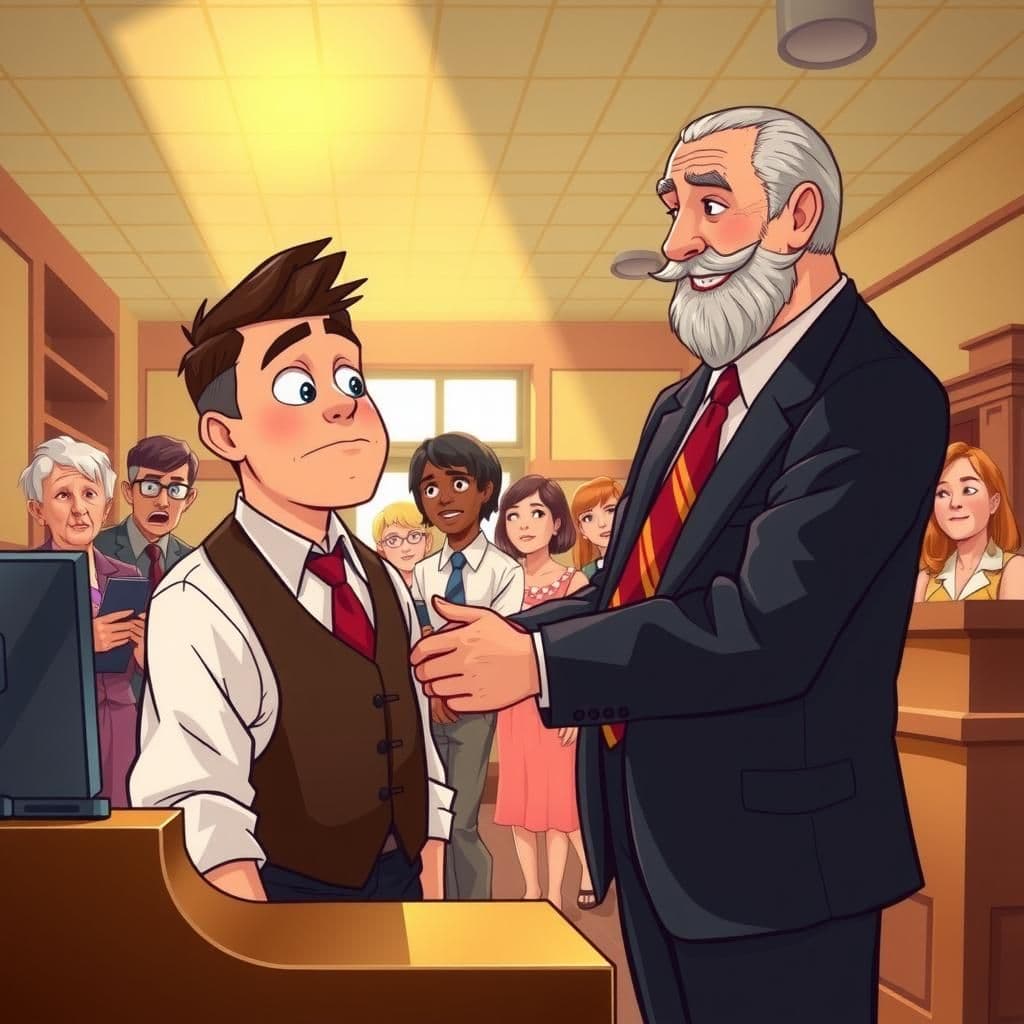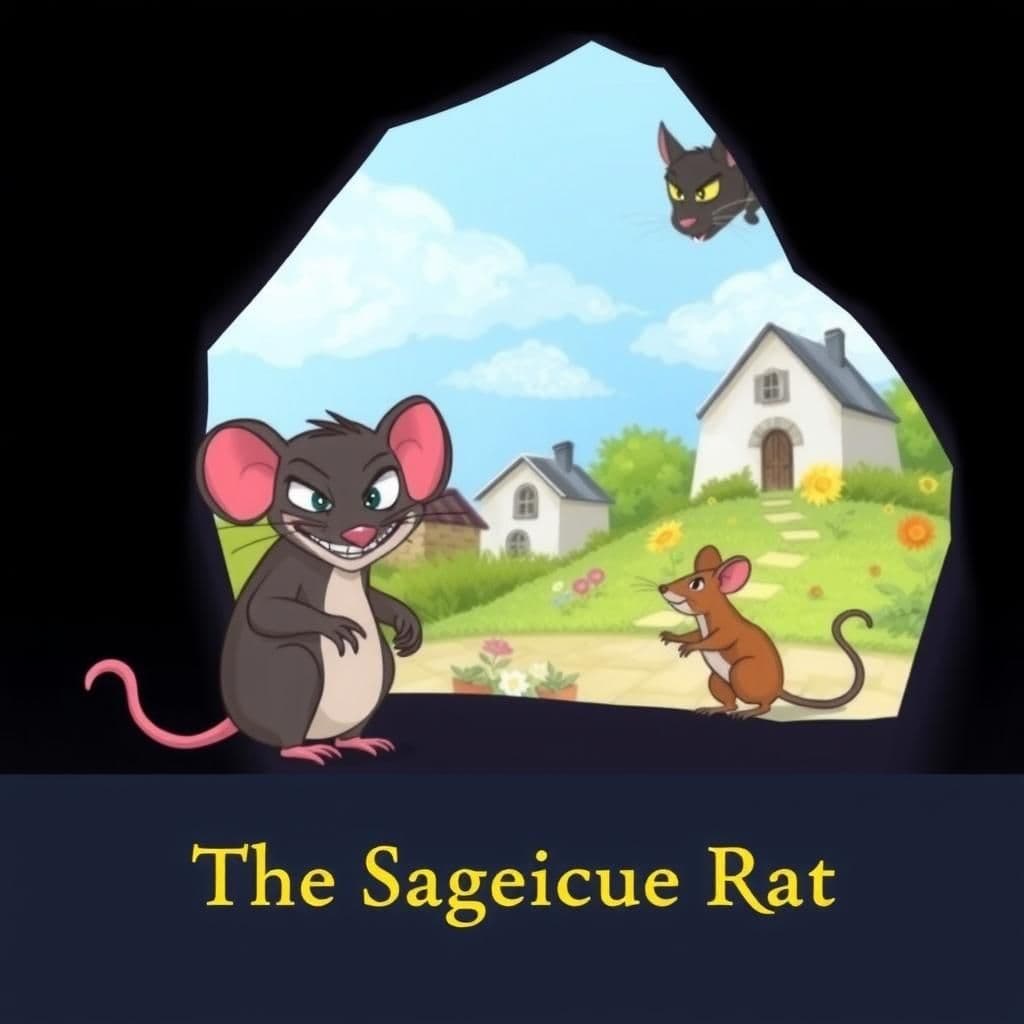The Faithful Cashier
In "The Faithful Cashier," a bank cashier who defaults on funds claims he used the money for dues to a mutual defense association that protects members under suspicion. This educational moral story highlights the lengths to which individuals might go to maintain appearances, as the association's strategy involves demonstrating a lack of community involvement to reassure the bank's directors. Ultimately, the president covers the cashier's shortage, restoring him to his position, offering a moral lesson about integrity and reputation in moral-based storytelling.

Reveal Moral
"The story illustrates that one's reputation can be manipulated and protected through associations and appearances, often at the expense of integrity."
You May Also Like

The Cobbler Turned Doctor
In this short story with moral lessons, a cobbler, driven by poverty, falsely claims to be a doctor and sells a fake antidote, gaining fame through exaggerated claims. When he falls ill, the town's governor tests his abilities by pretending to poison him, prompting the cobbler to admit his lack of medical knowledge. The governor then exposes the townspeople's folly in trusting an unqualified man with their health, serving as a cautionary tale for kids about the importance of discernment in real-life stories with moral lessons.

Physicians Two
In "Physicians Two," a wicked old man feigns illness to avoid taking medicine prescribed by two conflicting physicians, who treat him for weeks. When the doctors accidentally meet and argue over their differing remedies, the patient reveals he has been well for days, highlighting a humorous life lesson about honesty and the absurdity of trying to manipulate others. This quick moral story reminds us that deceit can lead to unnecessary complications and that honesty is often the best policy.

The Sagacious Rat
In "The Sagacious Rat," a clever rat deceives his friend into believing he is honored by his company, leading him to exit their hole first and fall victim to a waiting cat. This short and sweet moral story illustrates the dangers of misplaced trust and the cunning nature of deceit, making it a valuable addition to childhood stories with moral lessons. Ultimately, it serves as a poignant reminder of the importance of being cautious in whom we place our trust, a theme relevant for moral stories for class 7.